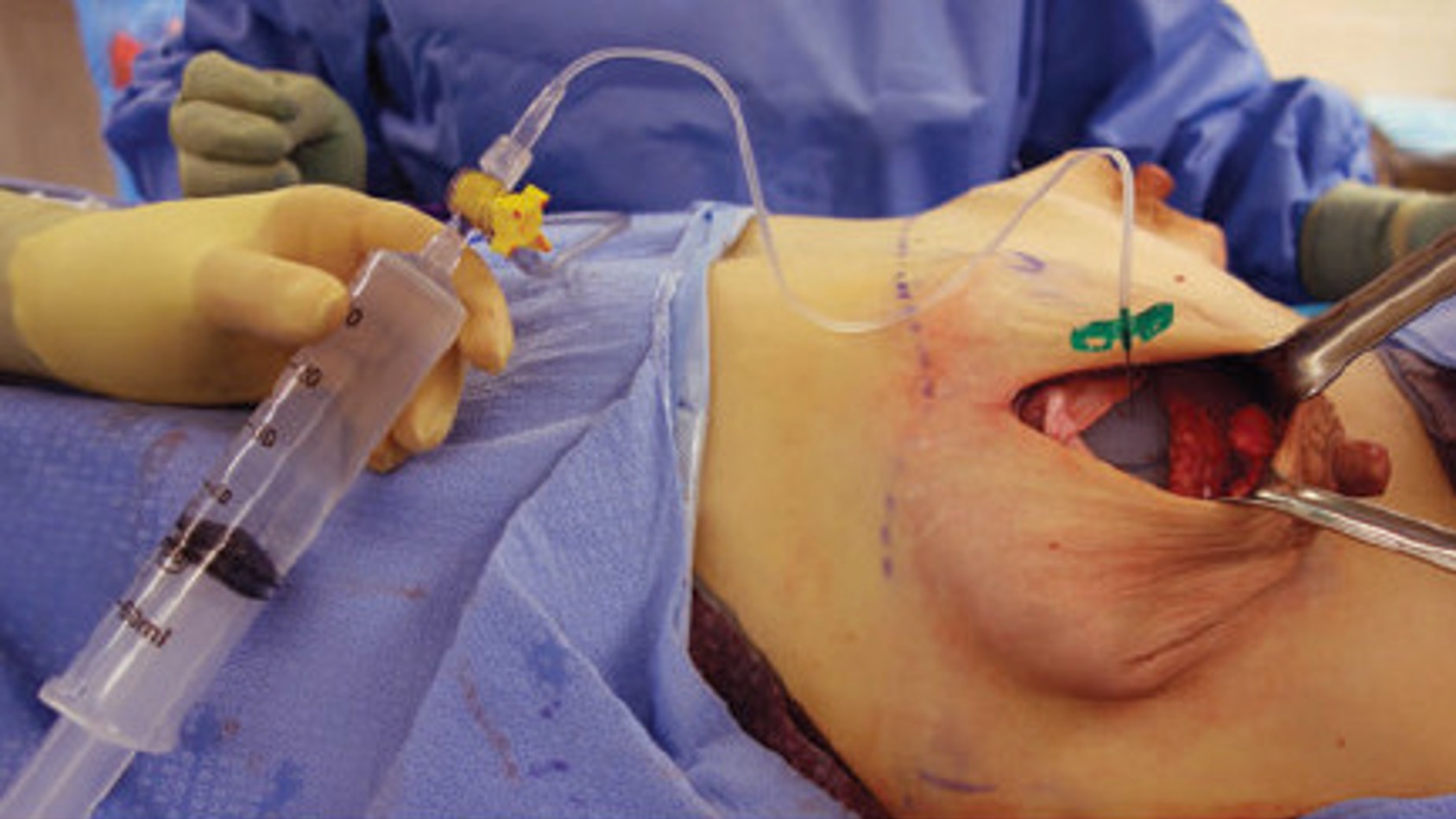Premier Plastic Surgery Seattle: Achieve Your Aesthetic Objectives
A Deep Study the Common Validation for Seeking Cosmetic Surgical Treatment: Unloading the Need for Adjustment and Self-Improvement

Social Stress and Elegance Standards
Frequently, societal stress and prevailing appeal standards play a considerable duty in individuals' choices to pursue plastic surgery (liposuction bellevue). In contemporary society, aesthetic depiction heavily affects individual assumptions of attractiveness, usually perpetuated by media, celebrity recommendations, and social systems. These channels often advertise idyllic variations of appeal, leading individuals to internalize these requirements and examine their self-regard against them

Additionally, these stress are not restricted to particular demographics; they influence individuals across different ages, genders, and backgrounds, highlighting the prevalent nature of appeal standards. This prevalent impact raises crucial concerns concerning the ethics of plastic surgery and the ramifications of societal criteria on specific selections. Inevitably, understanding these stress is essential for promoting a much more inclusive definition of elegance that celebrates variety.
Personal Experiences and Transformative Stories
Many people who undergo cosmetic surgical treatment report transformative experiences that extend past plain physical adjustments. For many, these treatments serve as a catalyst for improved self-esteem and a restored feeling of identification. Clients regularly describe sensation freed from long-standing insecurities, resulting in enhanced self-confidence in both expert and personal worlds.
Take, for instance, the tale of a girl who underwent breast enhancement after years of feeling self-conscious concerning her appearance. Post-surgery, she reported not only a newly found comfort in her body but likewise a substantial renovation in her social life and occupation opportunities. Likewise, a middle-aged man that selected to undergo a facelift shared exactly how the treatment renewed his overview on life, prompting him to seek new passions and connections.

Emotional Factors Behind Aesthetic Surgical Treatment
Numerous emotional factors add to the decision to undertake plastic surgery, mirroring deeper mental and psychological health and wellness considerations. People commonly seek surgical improvements as a method to deal with feelings of inadequacy, low self-esteem, or dissatisfaction with their look. These emotional motivations can be rooted in previous experiences, social contrasts, or personal desires.
Body image distortion is a prevalent concern, where people perceive their physical attributes in an exaggeratedly unfavorable light. This distortion can cause compulsive thoughts concerning regarded imperfections, motivating the wish for surgical alteration as a service. Additionally, the pursuit of excellence and social stress can intensify these feelings, pressing individuals toward cosmetic my explanation procedures in hopes of accomplishing an idyllic version of themselves.
Furthermore, the idea of self-improvement plays an essential duty. Numerous individuals check out plastic surgery as a pathway to enhance their lifestyle, thinking that enhanced look will result in boosted social approval, far better relationships, or boosted occupation chances. Eventually, the emotional variables behind cosmetic surgery highlight the complicated interplay between specific self-perception and external influences, exposing the complex nature of the desire for change.
The Duty of Media in Understanding
In today's society, media plays a crucial duty fit understandings of appeal and self-respect. Through various platforms-- social networks, television, and advertising and marketing-- idyllic standards of beauty are often shared, affecting private aspirations and self-image. These portrayals frequently highlight narrow meanings of good looks, primarily including youthful, slim, and electronically boosted pictures, which can create impractical standards for people aiming to adapt.
The impact of media is further exacerbated by the prevalent nature of social media, where users are pounded with curated content that highlights cosmetic improvements, endorsing a culture of contrast. This constant direct exposure can bring about feelings of insufficiency among customers, prompting them to take site here into consideration cosmetic surgery as a way of attaining the perceived suitable. Research study shows that people that engage with these media depictions are more most likely to share frustration with their appearance, reinforcing the wish for medical interventions.
Furthermore, the normalization of plastic surgery in media stories can desensitize target markets, mounting such procedures as commonplace and also required for social acceptance. Hence, the media's representation of charm not only influences individual options concerning plastic surgery yet additionally contributes to a more comprehensive societal discussion about self-regard and identification.
Moral Considerations and Future Trends
Amidst the growing popularity of cosmetic surgical procedure, honest factors to consider surrounding the technique have become increasingly famous. As the demand for treatments climbs, so too do problems pertaining to educated consent, the emotional inspirations of patients, and the capacity for exploitation by specialists. It is critical for practitioners to make certain that individuals completely understand the advantages and dangers, as well as the effects of their options, to promote a responsible method to cosmetic improvements.
Additionally, the influence of social networks and appeal standards raises inquiries about the influence on psychological wellness, particularly amongst susceptible populations. As understanding of body photo concerns grows, moral method necessitates a mindful analysis of the motivations behind medical interventions. Specialists have to stabilize person desires with moral duty, guaranteeing that choices are rooted in authentic self-improvement instead of societal stress.
Aiming to the future, fads might change in the direction of non-invasive and highly progressed treatments, stressing person safety and fulfillment. Additionally, the unification of emotional analyses might aid attend to underlying problems before medical treatment. The plastic surgery field should adapt to these moral obstacles while promoting a society of transparency and self-acceptance, inevitably focusing on the well-being of people.
Final Thought
To conclude, the get more quest of cosmetic surgery is influenced by a convergence of societal stress, individual experiences, and psychological elements. The desire for positioning with prevailing charm criteria, coupled with the possibility for transformative end results, emphasizes the complicated motivations driving individuals toward these procedures. Additionally, the role of media fit assumptions of elegance can not be downplayed. As moral factors to consider advance, future patterns in plastic surgery will likely show continuous social dialogues surrounding self-improvement and specific identity.
Regularly, social stress and dominating beauty requirements play a significant duty in people' choices to pursue cosmetic surgical procedure. liposuction bellevue. Inevitably, these transformative tales highlight the multifaceted factors individuals seek cosmetic surgery, intertwining individual development with the quest of visual improvement
Numerous people watch cosmetic surgery as a pathway to boost their high quality of life, thinking that enhanced look will lead to raised social acceptance, far better partnerships, or enhanced job chances. Inevitably, the psychological aspects behind cosmetic surgical treatment underscore the complicated interaction in between specific self-perception and external impacts, disclosing the multifaceted nature of the need for change.
As moral considerations develop, future fads in cosmetic surgical procedure will likely show recurring social dialogues bordering self-improvement and individual identification. liposuction bellevue.